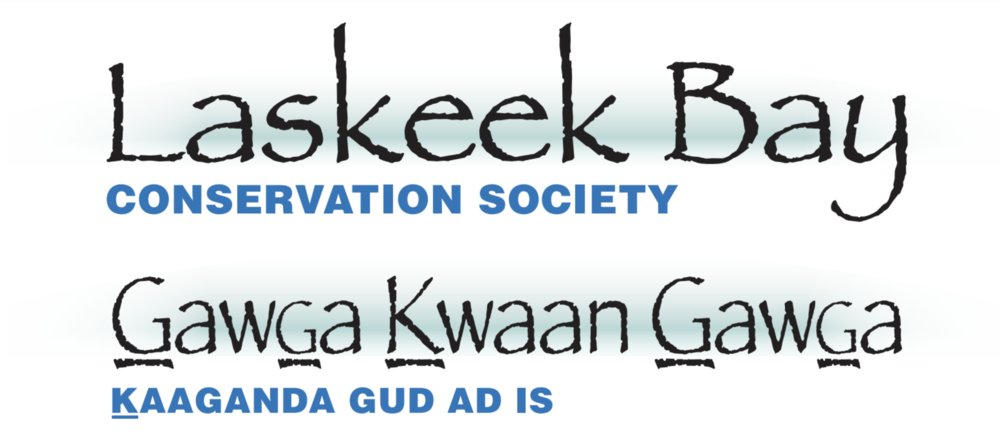Hello again from Capetown. Day 3 was a big day for LBCS at the conference. Viv unveiled our poster in the morning and talked to many people through the day and at the reception in the evening. Keith did a 15 minute presentation to about 60 people as part of a 5 paper symposium entitled Community-Based Seabird Conservationand then joined a follow-up Discussion Workshop with about 15 people on this subject. It is pretty clear from both the responses to the poster and from the feedback following the presentation that LBCS is pioneering a program of community participation that is not yet common in the world, but that is increasingly seen as a model for an approach to island restoration and seabird conservation that increasingly needs to be adopted by the research and scientific communities in other parts of the world. We received praise from numerous people from different parts of the world and quite a few expressions of interest in our volunteer and internship programs. It was a fun day.
We actually met up with 4 different people who were, years ago, volunteers on Limestone, and who are now researchers working in different institutions in Canada and Europe. It was really rewarding to talk with them. We also talked with Ken Summers who did the first ANMU survey on East Limestone back in 1971 and CWS biologists and university profs who knew about what we do.
Friday featured some really good sessions on programs to eradicate invasive predators and restore seabird colonies and on the new global approaches to funding these programs. Many of the seabird populations in the world are in serious decline and in serious trouble, and seabirds dominate the IUCN red lists of threatened and endangered species – this as a consequence of many factors, but primarily invasive predators, over fishing of seabird food stocks, fisheries by-catch of seabirds in nets and on long-lines, and global warming. But the good news on Friday is that there are now quite a number of successes in eradicating various introduced predators and restoring and expanding seabird populations on over 1000 islands around the world. Islands Conservation is a big player in this around the world, and they mentioned LBCS a couple of time in presentations. In addition, there are many innovations to address the fishing issues, usually involving communities and fishermen. So all of these new approaches involve serious engagement with local communities, and there has been some significant change in the approach of researchers and scientists, even since the first WSC in Victoria in 2010.
Attending this conference has been a great experience for Keith and Viv. We have met and shared ideas with many people, and we are preparing ideas to share with LBCS directors and the community, and preparing for a strategy session in February 2016. We are already following up with some of the people we met.


